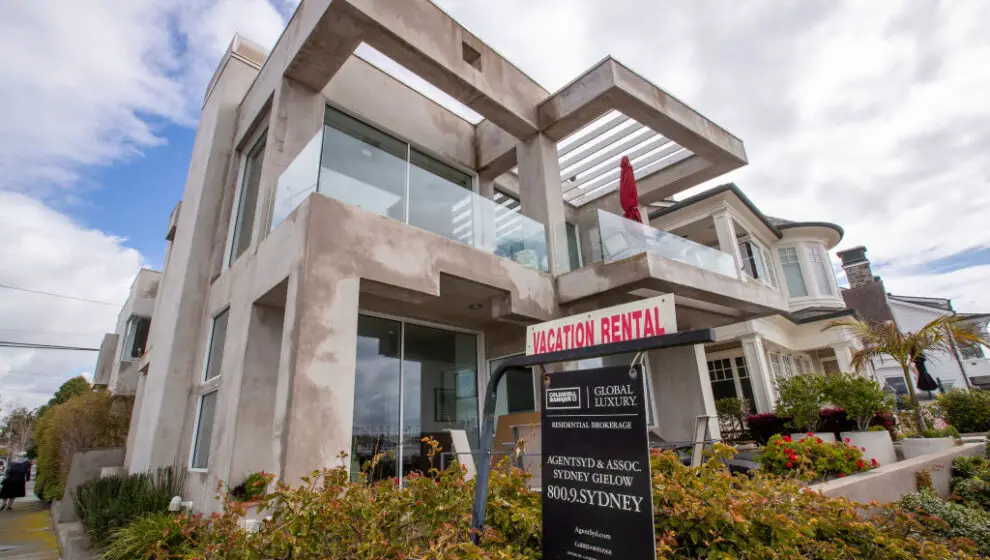The Airbnb bubble has popped—and thousands of renters are watching as revenues decline.
Key Details
- A new report from analytics company All The Rooms shows that months of reported issues with Airbnb are true and that revenues have declined nearly 50% in some cities.
- Six major cities have seen revenues collapse more than 40% in the past year—Sevierville, Tennessee, Phoenix, Arizona, Austin, Texas, Myrtle Beach, South Carolina, San Antonio, Texas, and Ashville, South Carolina.
- Between May 2022 and May 2023, Sevierville, a vacation town near the Smokie Mountains, saw its three-month average revenues decline 47.6% from $6,228 to $3,266.
Why It’s Important
Vacation rentals appear to be facing a supply problem. Travel has surged tremendously in the past year in the aftermath of the COVID-19 lockdowns, with Labor Day, Thanksgiving, and Christmas weekends seeing record-breaking travel volumes. Amid high inflation and a tougher economic outlook, travel appears to be cooling at the same time that the availability of short-term rental properties has exploded.
In a recent Twitter thread, Reventure Consulting CEO Nick Gerli argues that Airbnb’s revenue suffers from the high density of rental properties available in hot markets like Eastern Tennessee, Central Texas, and Northwestern states like Washington and Montana. Time Magazine was already reporting a steep decline in occupancy rates last November.
Statistics from Re:Venture Consulting show that homeowners have largely shifted from selling their properties to converting them into rental properties. Its most recent statistics show 554,921 homes for sale and 965,391 Airbnb and VRBO rental properties currently available on the market. Sevierville, TN, has ten times as many rental properties as available real estate properties.
While Airbnb and VRBO are unlikely to go away, a collapse in short-term rentals could facilitate a market correction, forcing many of these properties being forced onto the real estate market.
Notable Quote
“2021 was a bumper year for short-term rentals in the U.S., largely thanks to pent-up demand after lockdowns giving a huge boost to domestic travel. Over the past few months, supply has increased to catch up to and even overtake demand growth, pushing occupancy down as bookings are spread across more properties,” AirDNA VP Jamie Lane tells Time Magazine.
“Demand is still rising every month, and so are Airbnb’s bookings and revenue. Although hosts in some markets are seeing a correction after a pandemic-driven boom, on the whole, demand remains very strong, and we aren’t yet seeing an ‘Airbnb bust,’” she argued in November.
